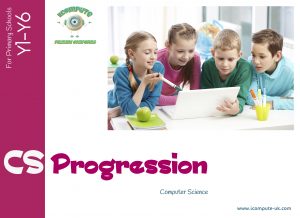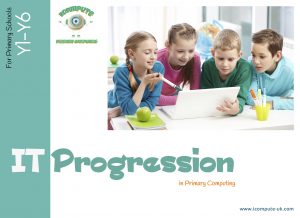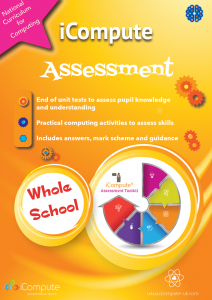for Computing Mastery
Since the introduction to National Curriculum for Computing at Key Stage 1 and Key Stage 2 in England 2014, it has been a child’s statutory entitlement to a computing education from the age of 5. There have been many challenges along the way since 2014 for primary teachers, not least, due to the subject being introduced throughout schools where the vast majority of teachers had never been trained to teach it.
Despite a number initiatives to improve teacher subject knowledge, notably driven by Computing At Schools (CAS) and the Network of Excellence (a grass-roots organisation I represent as a Computer Science Master Teacher) the Computing Education Project Report (The Royal Society, 2017) – exploring the issues facing computing in schools – concludes that computing education across the UK is ‘patchy and fragile’. There is much to address in a system where many teachers do not feel confident teaching the subject and are in need of significant support.






